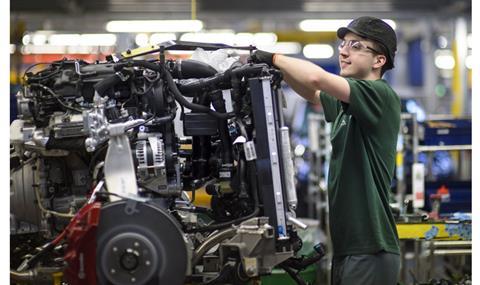
A no-deal Brexit will cause “massive logistical problems” in the automotive supply chain, with manufacturers facing a choice of either absorbing significant rising costs in the movement of vehicle parts or passing them on.
The warning from vehicle makers came as negotiations at the latest European Council Summit failed to lead to progress.
The European Automobile Manufacturers’ Association (ACEA), which represents companies such as DAF, Daimler, Volvo and Iveco, said a no-deal scenario would have a far-reaching impact and that production processes would be disrupted, generating significant costs.
Erik Jonnaert, ACEA secretary general, said: “Our members are already making contingency plans and are looking for warehouse spaces to stockpile parts.
“However, the space required to stockpile for more than a short time would be absolutely huge – and expensive. Some of our members are also planning a temporary post-Brexit production shutdown.”
Read more
- Logistics sector confidence tumbles as Brexit fears grow
- Hauliers slam Operation Brock disruption ahead of Brexit
- Brexit buffer stocks will struggle to find space
Asked whether manufacturers were more likely to pass on additional costs or absorb them, an ACEA spokeswoman said: “The situation varies from manufacturer to manufacturer – it could be one or the other or indeed a mixture of both, depending on the company situation and strategy.”
Pauline Bastidon, the FTA’s head of European policy, said the association had “huge concerns” about the situation.
“The problems are not going to be temporary, they are going to be permanent,” she said. “In the UK there are always constraints over space; it’s expensive and difficult to find.
“Also, what about people working in warehouses? 25% of warehouse operatives are EU nationals; there’s no reason to believe it’s going to be easier to recruit [after Brexit]. There will be huge restrictions on low level immigration.”
The SMMT’s chief executive Mike Hawes also described the lack of progress as “hugely disappointing”.
“Business is gravely concerned about future prospects,” he added. “The importance of frictionless trade to our highly integrated just-in-time business model cannot be overstated so we need a deal – urgently – that replicates the benefits of the single market and customs union to safeguard the industry,” he said.
Image: Press Association













